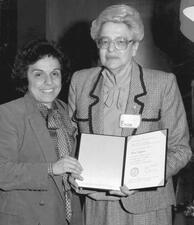
Aline Kaplan
As executive director of Hadassah, Aline Kaplan credited the organization’s success to the commitment of its volunteers, whose numbers grew to a staggering 370,000 during her tenure. In addition to her impact at Hadassah, she was also a board member in several Zionist organizations and a delegate to the World Zionist Congress.
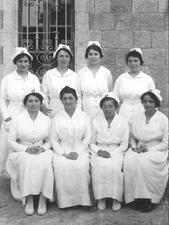
Anna Kaplan
Anna Kaplan was an American Jewish nurse who contributed significantly to developing the concept of nursing as a profession in Erez Israel at the beginning of the twentieth century. She was a leader in founding the nursing school, which later became the Henrietta Szold-Hadassah School of Nursing at the Hebrew University, Jerusalem.
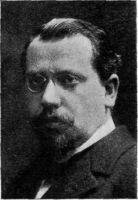
Mordecai Kaplan
Regina Kaplan
Regina “Kappy” Kaplan was nurse, teacher, hospital administrator, and health care innovator. Most notably, Kaplan helped break down gender barriers in medicine by creating the first nursing school in the South that admitted male students.
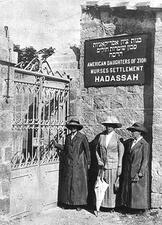
Rose Kaplan
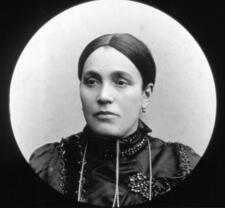
Taube Kaplan
Taube Kaplan (the Greene Rebitzin) was the principal fundraiser and founder of the Hebrew Maternity Ward, founded in 1916 in the Plateau-Mont Royal neighborhood of Montréal, Quebec. Her efforts contributed to a reduction in maternal and infant mortality in Montreal’s Jewish community. Kaplan also raised funds for the establishment of the Jewish General Hospital, which opened its doors in 1934.
Karaite Women
Family law and personal status of women are important aspects of both the daily life and the halakhah of Karaite communities. Karaite legal sources often deal with rules pertaining to betrothal, marriage, divorce, ritual purity, and incest.

Donna Karan
Donna Karan started her career as an intern for the renowned designer Anne Klein and became the design director for Klein’s label in 1974. She quickly built a reputation for designing clothes for a range of body types. She has two of her own brands, which have become household names around the world, and her designs have regularly won awards.
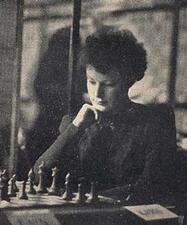
N. May Karff
May Karff, the “queen of American chess,” was a dominant force in American women’s chess for over forty years. Karff made her mark in the traditionally male bastion of professional chess as the first woman champion of the United States in 1938, thereafter dominating the United States Women’s Open for decades.
Régine Karlin-Orfinger
Régine Karlin’s resistance activities would alone have warranted esteem and recognition, but she did not desist from further work. Totally bilingual in French and Dutch and even polyglot, since she was also proficient in both English and Russian, she had a brilliant career as a lawyer, characterized by her militant and unwavering support of causes that she considered just.
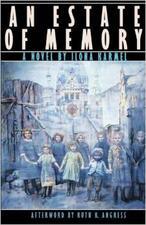
Ilona Karmel
Ilona Karmel transformed details of her experiences as a Polish-Jewish prisoner in Nazi work camps and as a patient undergoing a prolonged convalescence into two compelling and memorable novels. Karmel was a distinguished writer, winning a fiction contest from Mademoiselle and teaching awards from the Massachusetts Institute of Technology.

Ada Karmi-Melamede
Ada Karmi-Melamede (b. 1936) is a prominent Israeli architect. Her work includes a variety of public and private projects, among them the Supreme Court Building in Jerusalem and The Open University campus in Ra’anana. In 2007, she received the Israel Prize in architecture, the second woman to have ever received this prize.
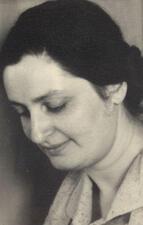
Hannah Karminski
During the mid-1920s and the 1930s in Germany, Hannah Karminski served as secretary of the League of Jewish Women and, from 1924 to 1938, as editor of its newsletter. After the forced liquidation of the League in 1938, Karminski remained in Germany and continued her work in the Reich Association of Jews in Germany, assisting with the kindertransports and welfare. She was deported to Auschwitz and murdered in 1942.
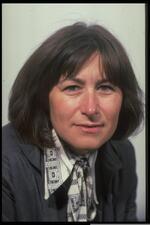
Yehudit Karp
Fay Berger Karpf
Fay Berger Karpf made major contributions to social science with her analysis of the history of social psychology and specifically with her support of the psychoanalyst Otto Rank. She taught for many years and wrote several books about the profound influence Rankian theories had on American psychoanalysis.
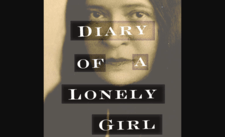
Miriam Karpilove
Miriam Karpilove was a pioneer among women writers of Yiddish fiction. She produced scores of works of short fiction and many novels about the roles of women in immigrant Jewish culture, most of which were serialized in the American Yiddish press during the first half of the twentieth century.
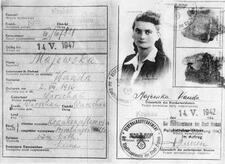
Kashariyot (Couriers) in the Jewish Resistance During the Holocaust
Kashariyot were young women who traveled on illegal missions for the Jewish resistance in German-occupied Eastern Europe during the Holocaust. They smuggled goods, news, and other Jews in and out of the ghettos of Poland, Lithuania, and parts of Russia. While those who fought the Germans within the ghettos are often most celebrated for their heroism, kashariyot were essential in the survival of Jews within ghettos.

Deena Kastor
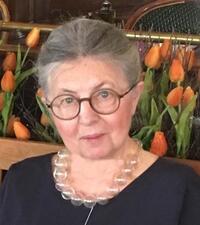
Miriam Katin
Miriam Katin is an award-winning comics artist best known for her Holocaust memoir We Are On Our Own. She was born in Hungary and now lives in New York City with her husband, Geoffrey Katin, a music educator.
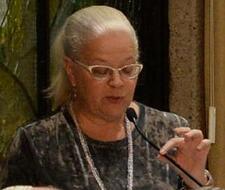
Judith Katzir
Yehudit Katzir (b. 1963) is an Israeli author who emerged as a leading female voice in what had been a male-dominated literary field until the 1980s. Her novels and short stories are noted for their idiosyncratic and lyrical language, as well as their focus on female identity and treatment of taboo themes.
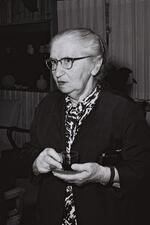
Rahel Katznelson
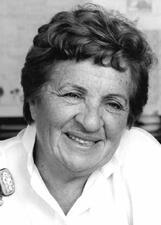
Shulamith Katznelson
Shulamith Katznelson helped make Israel a home for a wider range of people as both a pioneer of Hebrew-immersion programs and an advocate for Israeli-Palestinian dialogue.
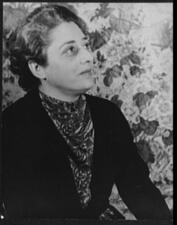
Beatrice Kaufman
Regarded as one of the wittiest women in New York during the 1930s and 1940s, Beatrice Kaufman edited important works of modernist poetry and fiction, published short stories of her own in the New Yorker, and saw several of her plays produced on Broadway. Her life demonstrated that a perceptive, ironic, and acculturated Jewish woman could become a valuable contributor to New York’s literary subculture.
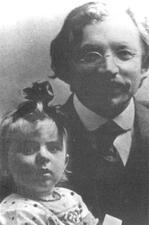
Bel Kaufman
Bel Kaufman was the author of Up the Down Staircase, a novel that gently parodied the public school system in New York City. Published in 1964, the book went on to sell six million copies, spent 64 weeks on the best-seller list, and inspired a film adaptation in 1967 and a popular school play. She was also the granddaughter of Yiddish writer Sholem Aleichem, whose stories formed the musical Fiddler on the Roof.
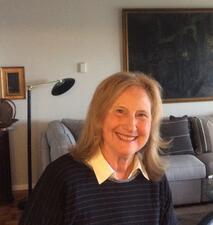
Debra Renee Kaufman
Debra R. Kaufman has been a central voice in sociology, feminist studies, and Jewish Studies for over four decades. Her scholarship has spanned topics such as the role of women in Orthodox Judaism, post-Holocaust Jewish identity narratives, and contemporary American Jewish identity.


